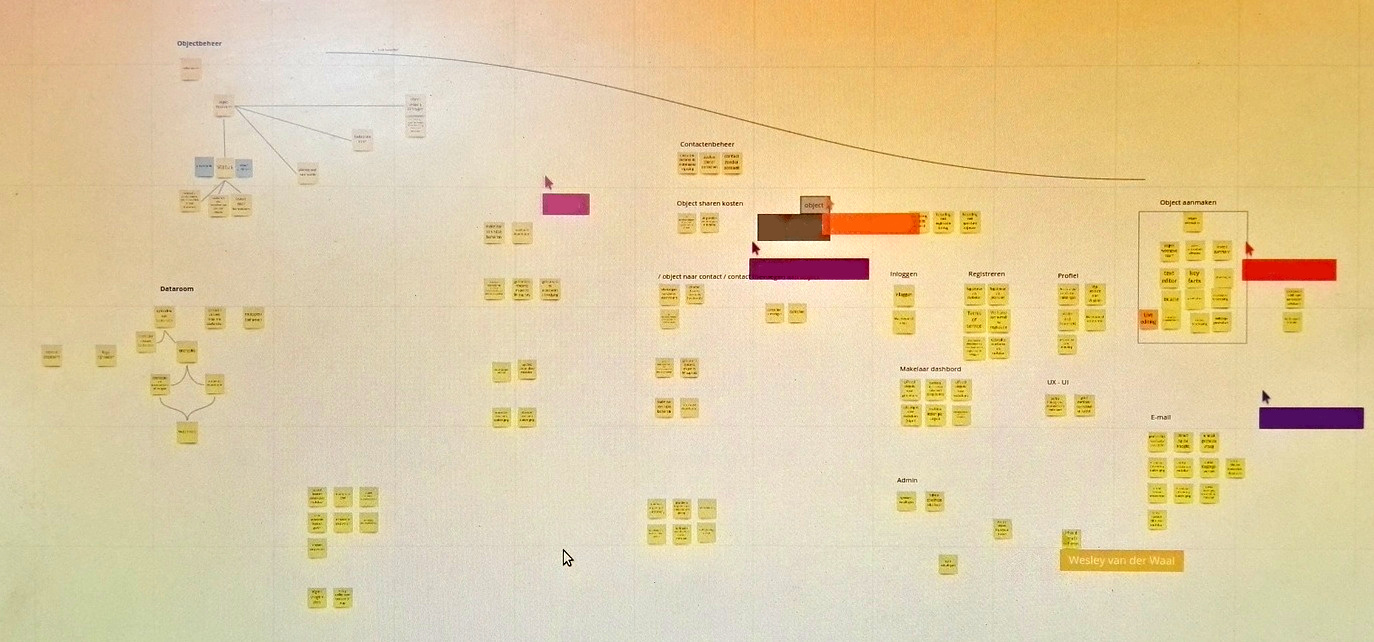Remote Scrum
17-05-2020Monday 12 march I started the day as usual. Sprint planning, preparations for a new week. By noon a mild discomfort in my throat had not gone away, and I started getting a bit concerned, mainly because I would be participating at a meetup that very evening with about 35 guests. The whole Corona virus wasn’t really a thing yet in the Netherlands, but I couldn’t help but think, “what if I have it and I am the reason 35+ people get it”?
I discussed it with the organiser of the meetup, and then with my boss. No meetup for me and I got sent home. As a precautionary measure. 2 days later, my whole company got sent home. It is now May, and we are still all working from home.
We never had a chance to discuss how we would deal with the situation. It was all so sudden and unreal. But somehow, everybody has carried on as usual. Of course there have been challenges. Internet reliability is probably the biggest one - we have a Product Owner, for example, who is barely comprehensible due to connection lag. Meetings in general and especially backlog refinements have become real energy drains, taking a lot longer and leaving everyone listless. Also, kids. Screaming, singing, shouting in the background, demanding attention from parents unexpectedly sequestered at home, what joy!
But these challenges have been taken on stride, every team calmly tweaking their process to deal with them. And results are surprising. Our velocities have not decreased significantly due to remote working. Our customers are satisfied. We are still meeting our deadlines, and daily routines are as reliable as ever. Everything actually feels quite normal. In fact, we even have one team that is actually doing better remotely!
How is this possible? I have given this quite some thought, discussed it with my fellow scrum masters, and come to the following conclusions.
Work ethic
The single most important reason we are dealing so well with remote working is the work ethic of our developers. Nobody is waiting to be told what to do, or waiting for guidance. Even more important, even though it would be so easy to take advantage of the situation, nobody is slacking or idling. Everyone is just working really hard and generally doing their best to get the job done.
I think the reason we have such a good work ethic is that we have invested so heavily in “growing” our developers over the years, giving them autonomy and a lot of room to take control of their work. Ours is a decentralised structure where sales deliver projects and management provides a general vision for the company, leaving our teams to self-organise to attain those goals as they see fit. There is a lot of professional pride to be had, and everyone feels the customers’ needs. And that is what drives them to get the job done.
Agile
Essential to channel this drive is the fact that the scrum framework and agile mindset are so well engrained in our developers. Scrum gives them a clear way of dealing with challenges and achieve their goals. Our developers have the motivation and scrum gives them a way to channel that energy effectively. An example is the daily stand up, which 3 of our teams independently decided to hold 3 times a day during remote working. In my opinion it shows a keen understanding of the underlying purpose of the stand up.
From the whole of the scrum framework, retrospectives have proven an invaluable part right now. Individual developers may be finding their own little ways to cope with remote working, but it is the retrospective that gives them a moment to really focus on evaluating the process and tweaking it empirically. Successful new practices and experiments are organically distributed to other teams through various scrum master and guild meetings.
Infrastructure
Finally, our development processes and communication channels are excellent. Continuous integration, allowing us to deploy with a single click. Code reviews and testing to enforce high quality. JIRA to organise our sprints and projects and make things transparent. Slack for effective and continuous communication. Hangouts, miro and liberating structures for interactive meetings. All of these are so well established that having to work remotely sometimes feels like a minor inconvenience.

One of our teams brainstorming a new project remotely using miro and the 1-2-4-all liberating structure.
You can have highly motivated and professional developers, but if at every turn they are met with problems and challenges, they may still get the job done, but they will do so with a significant loss of efficiency and growing frustration.
So, summarising, we have highly motivated developers with the right mindset, we have an effective agile process that allows them to deal effectively with any challenge, and we have the right tools to work efficiently. Purpose, autonomy and and tools that help us master our craft.

The three pillars of motivation. adapted from: Drive, by Daniel Pink
Unfortunately, all these three things take time. They are not things you just buy, “plugin” and cash in on. It is something that takes time and care and effort. For us it is the result of the vision we all share at Way2Web, which has driven our efforts for the past three years. It has been a continuous puzzling over finding the right balance.
For me personally and as a scrum master, it has been a real vindication of everything scrum and agile stand for. People and interactions indeed do matter more than processes and tools.